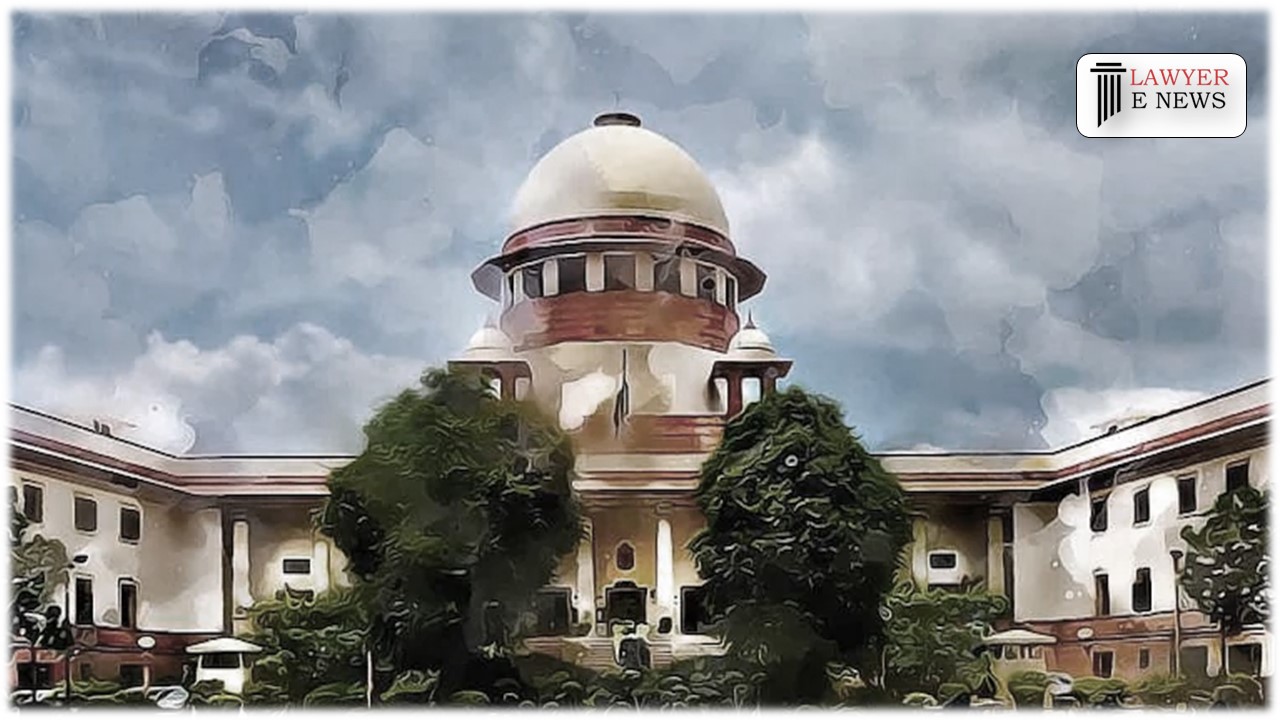-
by Admin
15 February 2026 5:35 AM



Legal Point: In a significant ruling, the Supreme Court of India modified the sentence in a case of misbranding of food articles, emphasizing the application of a lesser punishment under the newer Food Safety and Standards Act, 2006, as opposed to the older Prevention of Food Adulteration Act, 1954.
Facts and Issues: The case involved M/S A.K. Sarkar & Co. & Anr., convicted for selling misbranded sugar boiled confectioneries without proper labeling as mandated under the Prevention of Food Adulteration Act, 1954, and the accompanying Rules of 1955. The key legal issue was whether the appellants could benefit from the lesser penalty provisions of the Food Safety and Standards Act, 2006, which replaced the 1954 Act.
Court Assessment: The Court meticulously examined the legal arguments, noting that the appellants failed to prove their claim of non-manufacture. Despite the concurrent findings of three lower courts confirming the violation of Rule 32(c) and (f) regarding labeling requirements, the Court observed the significant time lapse since the commission of the offence and the change in legislation. Referencing Article 20(1) of the Constitution, the bench, comprising Justices Sudhanshu Dhulia and Prasanna B. Varale, asserted that while no person can be subjected to a penalty greater than that applicable at the time of the offence, they can benefit from a lesser penalty under new legislation.
Decision: The Court, drawing from precedents like T. Barai v. Henry Ah Hoe and subsequent cases, applied the beneficial amendment retrospectively. Consequently, the sentence for appellant no.2 was modified from three months’ imprisonment and a fine to solely a fine of Rs.50,000. The fine of Rs.2,000 for appellant no.1 was upheld.
M/S A.K. Sarkar & Co. & Anr. Vs The State of West Bengal & Ors.
Date of Decision: March 7, 2024.
